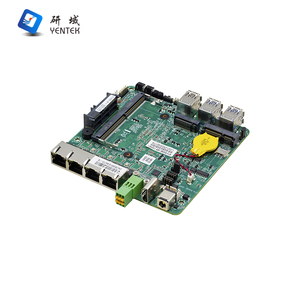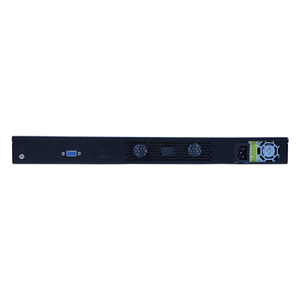Understanding the Importance of an Enterprise Firewall
An enterprise firewall is a critical component of an organization's cybersecurity strategy. Designed to protect sensitive data and maintain network integrity, it acts as a barrier between trusted internal networks and untrusted external networks, including the internet. Modern enterprises face a multitude of cyber threats, making an enterprise firewall an essential investment for enterprises of all sizes.
Types of Enterprise Firewalls
When selecting an enterprise firewall, it’s essential to understand the various types available, as each serves unique purposes and needs:
- Packet-Filtering Firewalls: This basic type inspects packets at the network layer and filters them based on user-defined rules.
- Stateful Inspection Firewalls: More advanced than packet filtering, these firewalls maintain records of all active connections and make decisions based on the context of packets.
- Proxy Firewalls: This type acts as a gateway between users and the internet by working on the application layer, protecting users by isolating internal systems.
- Next-Generation Firewalls (NGFW): Combining traditional firewall technology with advanced features like deep packet inspection, intrusion prevention, and application awareness, NGFWs address modern security challenges.
Key Features and Functions of an Enterprise Firewall
Enterprise firewalls come equipped with diverse functionalities that enhance security and improve network performance:
- Intrusion Prevention System (IPS): Monitors network traffic to identify and block potential threats in real-time.
- Virtual Private Network (VPN) Support: Secures remote connections, allowing employees to access the company's internal networks safely.
- Content Filtering: Blocks access to inappropriate or malicious websites, enhancing productivity and security.
- Application Control: Enables organizations to enforce specific rules around which applications can run over the network.
Applications and Advantages of Implementing an Enterprise Firewall
Deploying an enterprise firewall can significantly improve organizational security. Here are key areas where its advantages shine:
- Data Protection: Safeguards sensitive information from unauthorized access and data breaches, providing peace of mind.
- Network Performance Management: Prioritizes legitimate traffic and optimizes bandwidth, enhancing overall network performance.
- Regulatory Compliance: Assists organizations in adhering to industry regulations and standards, such as GDPR and HIPAA.
- Enhanced Visibility: Provides insights into network traffic, helping admins identify unusual patterns that may signal attacks.





















































































































































































